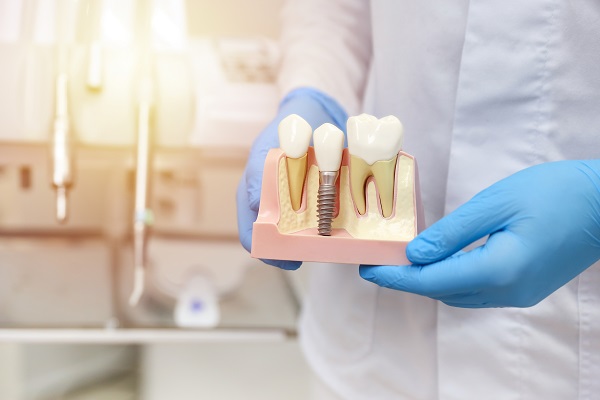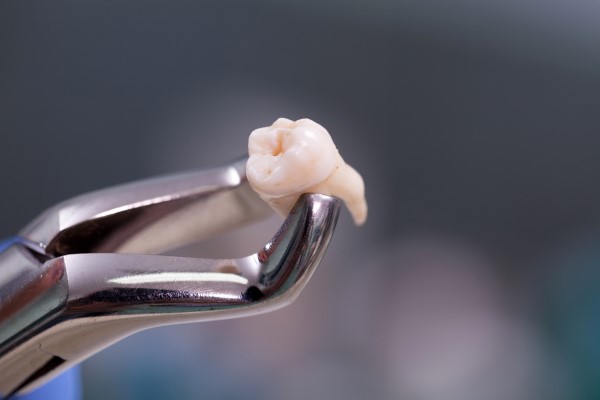Bone Graft Procedure for Dental Implants

Bone grafts for dental implants sound scary when you say it aloud, but what does it mean? Patients need bone grafts to artificially strengthen the tooth insertions on the jawbone so that dentists can make a durable implant location. This article will discuss what a bone graft is and the various details that should be considered before receiving a bone graft.
What is a bone graft?
A bone graft for implants is a procedure where a dental practitioner takes tissue (typically from a more robust structure on the patient’s body, like the chin or any other large bone in the body) and inserts it onto the site of a tooth so that it can reinforce the socket and provide an ideal condition for the procedure of placing an implant.
This procedure is common not only for those wanting implants but also for those patients that need additional reinforcements to their jawbone because of aging and trauma.
How long does a bone graft take to heal?
While the patient will probably feel back to normal in a couple of weeks, a bone graft typically takes anywhere from three to nine weeks to heal fully and properly. There are two kinds of bone tissue in the body. The outer layer is the hard calcified layer that everyone thinks of when they picture a bone in their minds. The second layer is beneath the outer layer and provides repairs and blood supply to the outer calcified layer of bone.
When a bone graft takes place, dentists take from the second layer of bone tissue, the softer underlayer, to augment the site of the potential implant. This layer needs to be allowed the proper amount of time to harden and calcify fully. If the patient were to undergo the procedure of a dental implant without first letting the bone graft fully heal, the patient runs the risk of having an unstable implant or having an unsuccessful procedure.
Will I need a bone graft?
Bone grafts are becoming more and more common– with over 50% of people receiving dental implants in need of a bone graft. This is partly because the types of patients that are typical candidates for bone grafts for implants are aging and experiencing a general level of bone tissue loss. If you are a younger person that is a candidate for a dental implant because of another reason, you may not need a bone graft.
Speak with your dentist
Getting a bone graft can sound scary if you don’t know what it entails, but if you want a successful emplacement of your dental implant, it is imperative that you have the most reinforced spots possible– suitable homes, if you will for your new teeth. It is also important that you talk to your dentist and get the full picture if you have any concerns or reservations about bone grafts for dental implants.
Request an appointment here: https://newyorkdmd.com or call New York DMD at (917) 284-9680 for an appointment in our New York office.
Recent Posts
If you have a missing tooth, especially one that is hidden from everyone when you speak or smile, you may want to waive it aside. However, a front tooth is visible and gets plenty of attention when you open your mouth. Regardless of the position of the missing tooth, failing to replace it may have…
If you have a missing tooth you would like to replace, you need to learn more about getting a dental implant. Dental implants can improve your smile. They can also prevent many of the problems associated with missing teeth. Implants are one of the most popular options for replacing teeth. If you are thinking about…
Dental implants are artificial tooth roots that bond with natural bone to support one or more replacement teeth. Dental implants can give patients functional, natural-looking teeth to help them feel more comfortable and confident in their daily activities. In addition, dental implants can last for many years with the proper care and maintenance.If you need…
One of the most common treatment options for missing teeth is the dental implant. This permanent replacement has a natural appearance and feel that mimics real teeth. Implants are typically done for patients who have lost teeth due to severe disease and decay as well as injury.Patients who plan on getting implants may have questions…


